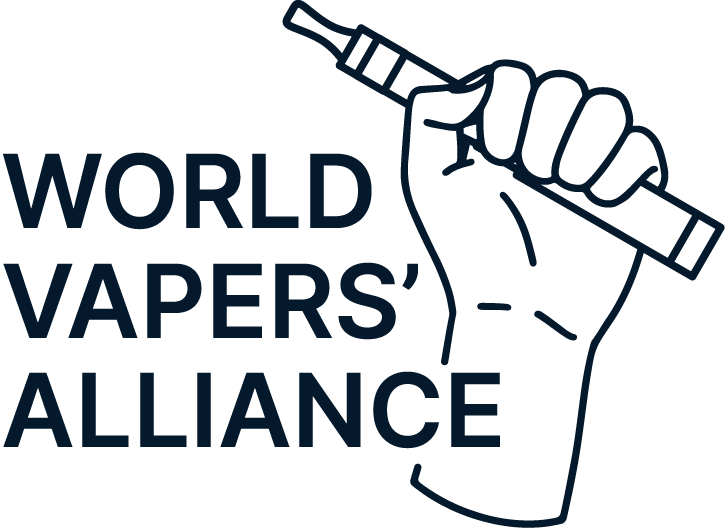The Portuguese Directorate-General for Health published the country’s National Strategy for the Fight Against Cancer 2021-2030, a plan that aims to reduce the prevalence of tobacco consumption from the current 17% to less than 14% in 2025 and less than 10% in 2030. Sadly, the Strategy does not consider the potential of vaping to help smokers switch and live healthier lives. Let’s now take a quick look at the plan and learn where it is wrong about vaping.
In the plan’s Prevention Pilar, the document acknowledges that “tobacco use is the main risk factor for cancer disease, accounting for one fifth of cancer cases and one third of cancer deaths, (…) increasing the risk of at least 17 types of cancer.”
Despite that, 17% of the Portuguese older than 15 years old are smokers, and more than 1,3 million Portuguese smoke daily. This is what motivates the Portuguese Health Ministry to include ‘Tobacco Consumption Control’ as one of the ‘Strategic Intervention Areas’ of the plan. But in order to drive people out of smoking you need to have a pragmatic strategy, given how difficult it is to give up cigarettes, and the Portuguese Government does not have one: it seems to consider vaping as harmful as smoking and fails to acknowledge that it can help many smokers quit cigarettes and avoid cancer.
Although no specific measures have yet been announced the main proposals and mistakes of the Strategy are the following:
- Despite that, it is well established that vaping is a much safer (95%) alternative to smoking, and the cancer risk of vaping is only 0,4% of that of smoking. The plan constantly puts vaping and smoking in the same category and announces the same measures for both. Vaping and smoking are very different and should be treated as such.
- The plan announces a future regulation of ingredients and flavourings. This can be a complete disaster for public health if it entails further restricting the amount of nicotine vaping liquids can carry and banning vaping flavours. On the one hand, it is established that nicotine is relatively harmless and vaping is a safer way to consume it. On the other hand, vaping flavours are used by two thirds of vapers, and they are not only instrumental in helping smokers switch, but also ensure that they do not take up cigarettes again. In fact, flavoured devices are associated with a 230% increase in the odds of adult smoking cessation. Both nicotine and flavours are key for quitting cigarettes through vaping, and if restricted, evidence suggests many vapers will be pushed to less safe alternatives in the black market or back to smoking. Regulation of ingredients and flavours should guarantee the safety of products while allowing consumers to choose the liquids and flavours that best fit their needs.
- Tightening regulation of conditions of sales is on the pipeline, and this may include banning online sales or limiting them to state tobacconists, measures that are being discussed in other states such as neighboring Spain. Again, this could force many vapers to smoke again. Vaping regulations should be smart and make sure the necessary age restrictions are put in place to prevent minors from taking up on vaping while keeping products widely available for adults.
- Smoke-free spaces are expected to be extended and to include vaping as a forbidden product in them. These were originally implemented to protect non-smokers from secondhand or passive smoking, but there is no evidence that secondhand vaping is harmful. Therefore, vaping should be freely allowed in public spaces instead of restricted by biased smokefree zoning policies.
- Increasing the prices of e-cigarettes is proposed as a measure to reduce consumption. E-cigarette sales are very responsive to price changes, and vaping use could effectively be reduced by an increase in prices or higher taxation, but such policy would drive many vapers to consume cigarettes again, damaging public health and increasing cancer incidence.
- Last but not least, the Portuguese Health Ministry plans to promote smoking cessation, but it fails to mention that vaping is the most successful smoking cessation method. Compared to other nicotine-replacement therapies, vaping is almost twice as effective. Portugal should follow the policies of England and officially embrace vaping as a smoking cessation tool.
If you agree that the plan of the Portuguese Health Ministry can be improved upon, we have good news for you! A consultation has been opened and you can send your comments on the plan to the Health Directorate-General. Find out how to do it here, it will only take you a few minutes and it will be of great help! Let’s raise our voice and back vaping to beat smoking!







